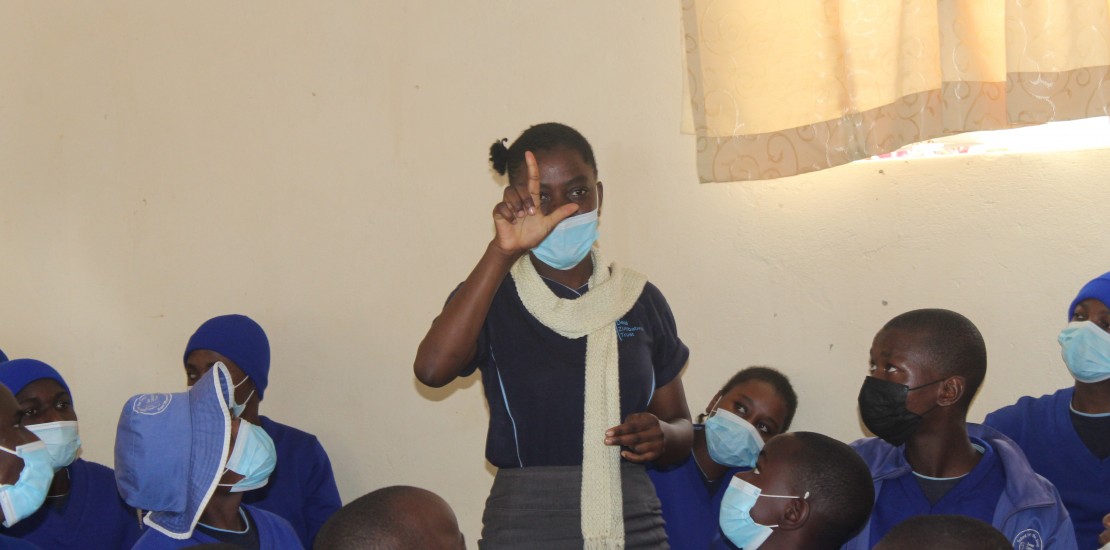- September 6, 2022
- Posted by: Clever K Mlambo
- Category: News

The Parliament of Zimbabwe (PoZ) Portfolio Committee on Justice, Legal & Parliamentary Affairs working in partnership with the Centre for Applied Legal Research (CALR) and UNICEF Zimbabwe held nationwide children’s consultations on the Child Justice Bill (CJB) [H.B. 11, 2021]. The consultations ran from 9 to 13 May 2022.
The consultations were meant to solicit and capture children’s input which will be included in the development of the Child Justice Bill. Earlier consultations by PoZ had not fully consulted the children despite them being key stakeholders.
The Child Justice Bill was primarily established to create a separate juvenile justice system centered on principles of restoration and rehabilitation of the child offender. The Bill when passed into law, will also repeal sections 6 and 7 of the Criminal Law (Codification and Reform) Act [Chapter 9:23] that perpetuate the discrimination of child offenders below 14 years of age and those above 14 years.
The Bill also adopts a modern and universal standard with regard to criminal capacity as required by Article 40(3) of the United Nations Convention on the Rights of Children and increases the minimum criminal age of responsibility from 7 to 12 years.
The Bill is also intended to give effect to section 81 of the Constitution by ensuring the best interest of the child is prioritized through the prohibition of automatic detention; necessitating exhaustion of the option of pre-trial diversion; and placing a duty on the probation officer to disclose psychological, welfare and other relevant background information that may have led the child to juvenile delinquency.
The PoZ with its partners consulted children in various schools, rehabilitation and training centres such as Fatima High School (Disability Cente), Gutu High School, Mbuyazwe High School, St. Dominic High School, Bemhiwa Primary School in Marange & St Daniel Rehabilitation and Vocational Training Centre in Gweru, Rimuka High School in Kadoma & the Deaf Zimbabwe Trust in Harare.
The children had an opportunity to add their input to the proposed new law. The committee ensured that children’s input is captured in the proposed law.
Issues raised by the children included proposals on the criminal age capability, the need for the law to cater to restorative justice systems, and ensuring proper care for children through Pre-trial diversion programmes, to deter children from being mixed with hard-core criminals.
The Children raised that there is a need to have child-friendly courts and in Harare at the Deaf Zimbabwe Trust, the children pointed out that the courts or justice delivery officers should facilitate sign interpreters when dealing with children who are deaf, they argued that in some cases there is communication breakdown which may negatively impact the children to have adequate access to justice and fairness in the courts.
The PoZ took a holistic approach, as it tried to consult widely, ensuring that children’s voices will be heard in the proposed new law.
The Child Justice Bill will usher in a liberal approach to punishing alleged child offenders in conflict with the law. The Bill focuses on the reintegration of child offenders to curb criminality among children.
The consultations were supported by the Centre for Applied Legal Research and UNICEF Zimbabwe under the Spotlight Initiative
